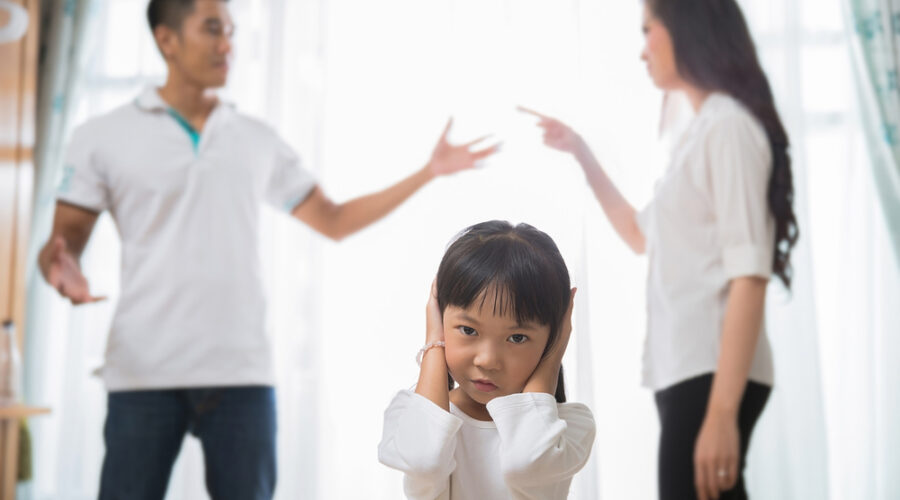
In litigated custody battles, clients frequently ask if their child can testify before the judge. However tempting this is, there are many factors to consider before placing your child into the front lines of a bitter divorce battle.
In Hong Kong, family court judges are cautious and historically, children’s views are only accepted through a social welfare report and/or any expert evidence such as a child psychologist. However, similar to what is being seen in the USA, Hong Kong courts are now recognizing the importance of a child’s view and it is being promoted.

In Hong Kong, as part of its obligations under Article 13 of the United Nations Convention on Rights of the Child, the court will acknowledge that where a child’s interests are affected, a child’s viewpoint can be taken into consideration if that child is capable of forming his/her own views whether it be in person or through a representative. In practice, a child’s viewpoint is taken in the form of the following:
- Judicial Interview: Under his/her own discretion, the judge may grant an interview and the mechanism for conducting an interview of a child. This interview is not for the purpose of gathering evidence (which is the responsibility of the social welfare report) but rather it is to enable a judge to listen to the views of a child.
- Appointment of Legal Representative for the child: This is similar to what has been seen in California cases where a minor’s counsel is appointed under California Family Code section 3151 which allows the appointment of an attorney to look after a child’s best interests. Here in Hong Kong, the appointment of a legal representative for a child is pursuant to Rule 72 and 108 of the Matrimonial Causes Rules and the purpose is to reflect a child’s interests and not necessarily a child’s wishes. A legal representative for a child is not an automatic right and an unlikely appointment if a child’s view is adequately reflected and evidenced in a report before the court.
Whether a judge will allow your child’s views to be heard or not is dependent on a number of factors including: whether a child is suffering from harm due to access disputes; cases which are exceptionally difficult and involve foreign elements such as immigration or removal; an older child is opposing a proposed course of action; where there may be parental alienation from one or both of the parents; cultural and/or religious differences affecting a child; complex medical/mental health issues that need to be determined; serious allegations of physical, and mental or sexual abuse or in circumstances where neither parent seem to be suitable guardians.

Before a consideration is made with respect to allowing your child to testify or express his/her views to a court, you may want to ponder upon the following:
- Is Your Child’s Testimony Necessary? Ask yourself tough questions including why you want your child to testify. What is the real reason? Can your child truly assist the judge to understand the circumstances in your home and how the custody arrangement is affecting your child? Generally speaking, there should be a strong reason behind having your child testify against the other parent rather than simply you wanting more custody time and/or harboring resentment/revenge against your ex-spouse.
- What Are The Long-Term Effects On Your Child? Consider the long-term effects testifying will have on your child. A divorce is already a traumatizing experience for most children. It is even worse if the parents are engaged in a bitter and litigated custody battle. Consider factors such as whether it will be difficult for your child to testify because it will make him/her feel guilty for picking sides. You need to consider the psychological effects this will have on your child and how it will affect his/her relationship with your ex-spouse.

Remember that it is in your child’s best interests to have a healthy and communicative relationship with your ex-spouse, who is, after all, your child’s other parent. Allowing your child to testify will undoubtedly affect the relationship dynamic between you and your ex-spouse and your child. Also, try and determine why your child is expressing an interest in testifying.
In making any decision relating to your child, be sure to focus on what is in your child’s best interests and the right decision will follow.










